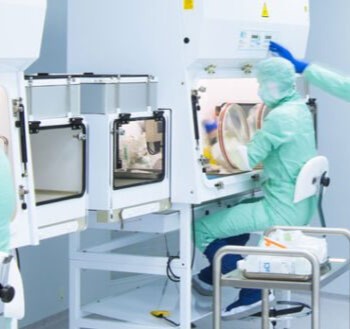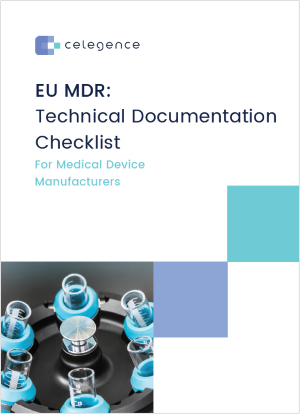

Misconceptions about using Regulatory Information Management (RIM) platforms to manage MedTech regulatory workflows. Here, we Bust 3 Naysayer Myths.

Misconceptions about using Regulatory Information Management (RIM) platforms to manage MedTech regulatory workflows. Here, we Bust 3 Naysayer Myths.

Diagnostic manufacturers and pharmaceutical sponsors with therapeutics that rely on biomarker identification or companion diagnostics should adjust their commercialization and partnership strategies to fit the new regulatory environment.

An analysis from the Life Sciences legal team at Hogan Lovells.

Explore our EU MDR Checklist designed to help you navigate EU MDR compliance. This practical tool guides you through essential steps to adapt your processes and ensure documentation meets regulatory standards. Start your compliance journey with confidence.

As regulatory bodies increasingly recognize the richness and value of RWE, particularly in informing the benefit-risk profile of devices from real-world environments, MedTech companies are turning to advanced analytical tools to navigate this new landscape efficiently.

This European Medicines Agency (EMA) Question & Answer document provides practical considerations concerning the implementation of the medical devices and the in vitro diagnostic medical devices regulations in the context of combinations of medicinal products with medical devices.

The guidance defines remanufacturing, includes relevant considerations to determine if activities are remanufacturing, and provides recommended labeling information to ensure serviced devices are returned to their established performance and safety specification.

Regulatory excellence is now considered a pathway to innovation and sustained business growth, making it a fundamental component of success in the medical devices industry. MedTech manufacturers are fostering a culture of regulatory excellence to enhance compliance with regulatory requirements and ensure product safety, efficacy, and quality in the global marketplace.

The Investigational New Drug (IND) application and the New Drug Application (NDA) stages are critical milestones in drug development, but they are different applications. Developers and sponsors must understand which application requires which data and when. Here we highlight strategies, hurdles and data required for successful drug development from IND to NDA.

Software validation is a critical tool used to assure the quality of device software and software automated operations, including labeling. Software validation can increase the usability and reliability of the device and label, resulting in decreased failure rates, fewer recalls and corrective actions, less risk to patients and users, and reduced liability to device manufacturers.